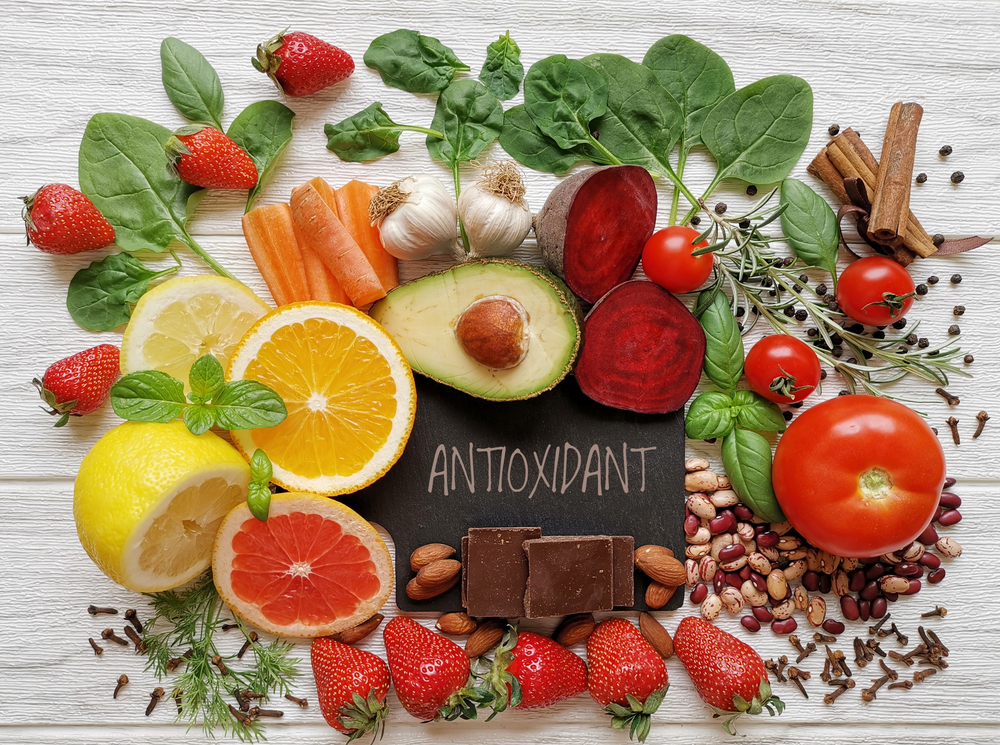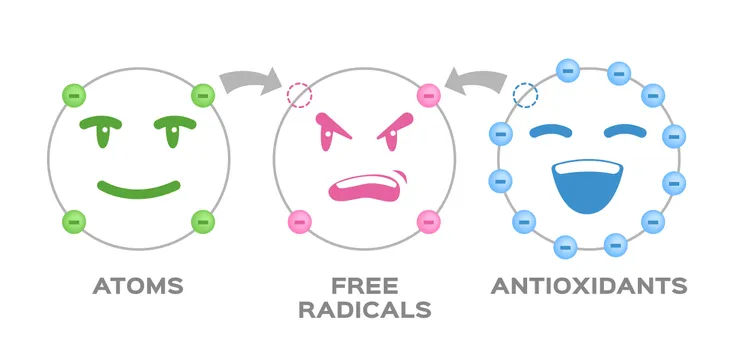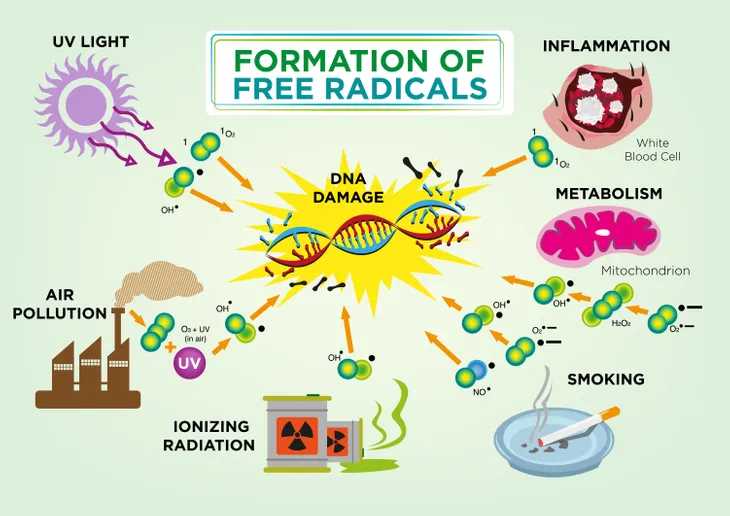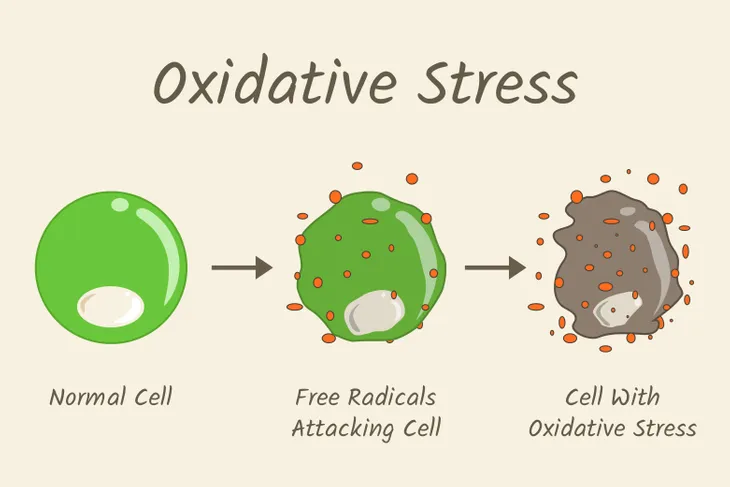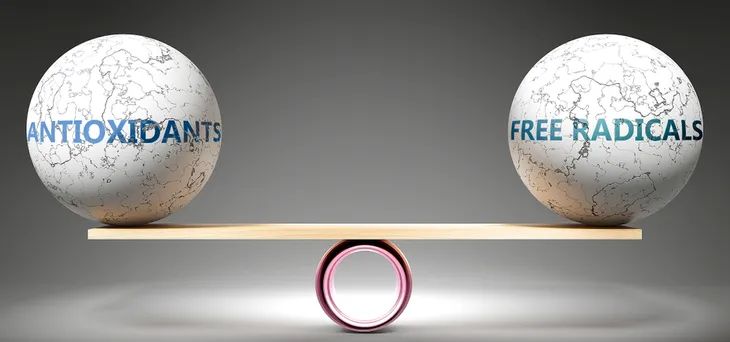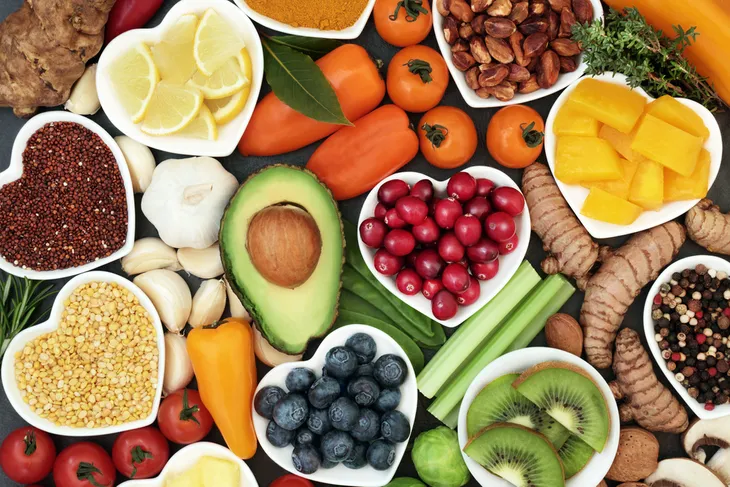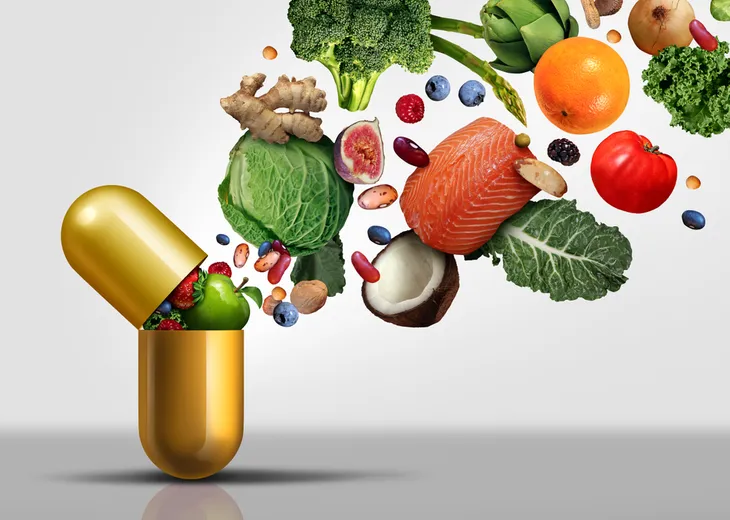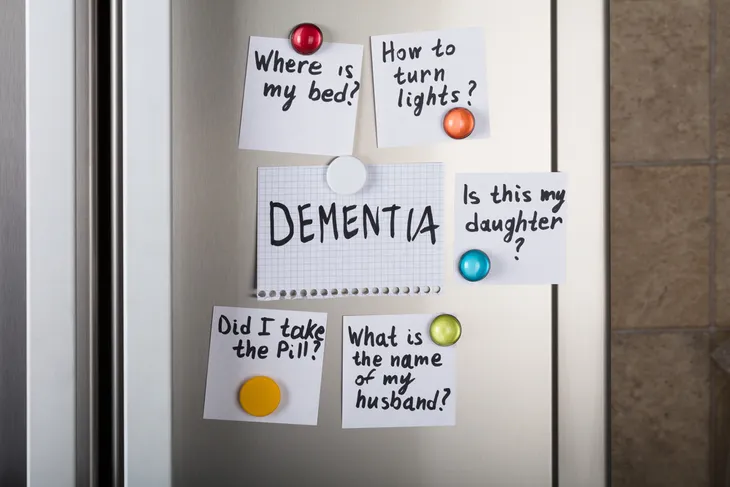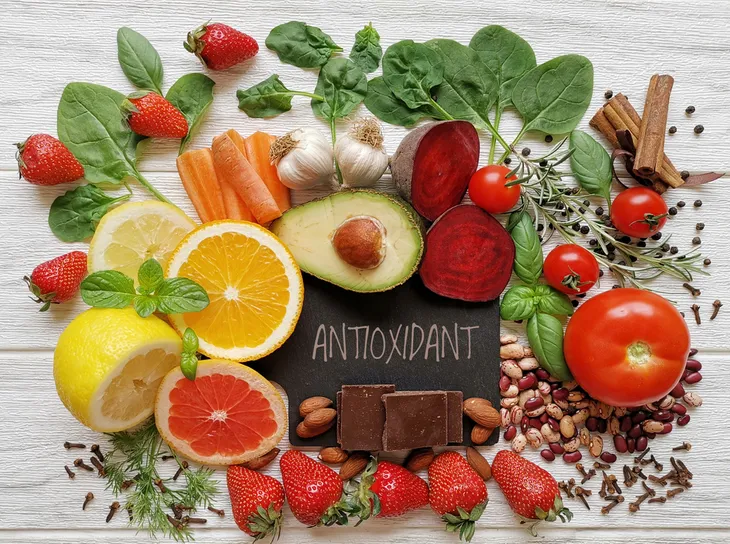We’re bombarded with marketing about antioxidants—we’re told they’re good for us, to eat more foods and sip more teas high in these so called “super powered” molecules. However, many of us still don’t know what antioxidants actually are and what they do for our health.
Here are nine impressive fast facts about antioxidants and why they are beneficial to health…
What are Antioxidants?
We all have antioxidant enzymes in our bodies (i.e., selenium methionine peroxidase, catalase, glutathione peroxidase, and superoxide dismutase) as protection from free radical damage. The term antioxidant refers to molecules that fight or slow down the oxidation process of harmful and damaging chemicals in the air and in materials in our environment (i.e., metals) that we breathe and absorb. That’s where they get their so called “super” label and why foods that are high in antioxidants, like green tea, are dubbed “superfoods.”
Why are Free Radicals so Damaging?
As mentioned, we can’t escape free radical exposure if we breathe, commute, eat food, and live in human society. These reactive molecules cause the breakdown of things like plastics, paint, and even damage human cells when triggered by oxygen, which in turn, can lead to many deteriorating types of illnesses and diseases—such as stroke, cancer, and cardiovascular disease.
How do Free Radicals Damage our Bodies?
Free radicals are activated by oxidation (as the name suggests). If you imagine your body as a highway that suffers damage with time (or age), free radicals act to deepen and widen those nasty potholes in the road while antioxidants act as the highway maintenance crew who arrive regularly to fill or patch those potholes so you don’t end up permanently damaged.
Understanding the Free Radical – Antioxidant Relationship
The free radical – antioxidant relationship is a delicate balance. In fact, in essence free radicals are not all bad. A certain amount is needed within our bodies to power certain reactions. For instance, the free radical, hydrogen peroxide, helps to activate white blood cells to ward off certain types of harmful bacteria (i.e., fungi, pathogens, and even cancer cells). However, because the antioxidants in our bodies are limited, we must keep free radical stores under control or damage can start to take place.
Can we Have too Many Antioxidants?
As mentioned, there is a delicate balance between the free radicals and antioxidant enzymes in our bodies, and certainly we can have too many antioxidants. For instance, when excess antioxidants exist, the body will suffer immune suppression (low white blood cells) and have unsuitable protection to fight off bacteria.
Creating Antioxidant Harmony
In a healthy body, there is a balance between antioxidants and beneficial free radicals, like hydrogen peroxide. When harmony occurs antioxidants can fire of electrons and stabilize a body overrun by free radicals, averting age- and disease-related damage from invading cells.
How do Antioxidants Keep us Youthful?
You’ve likely heard the term antioxidant used in conjunction with beauty products—particularly when it comes to age-fighting moisturizers and creams. Vitamin E, beta carotene, Vitamin E, and selenium are all powerful antioxidants used often in age-fighting face creams, help regenerate new, plump skin cells while preventing and repairing age-related damage to skin (i.e., fine lines and crow’s feet).
Other Age-Related Benefits of Antioxidants
Eating food rich in antioxidants, like nuts, tomatoes, sweet potatoes, and green tea, adds to your body-producing antioxidant stores and adds a line of further protection against age-related conditions—such as cataracts, macular degeneration, brain-related illnesses like dementia, heart disease, and cancer.
How Does Age Affect Natural-Occurring Antioxidants?
As our bodies age, certain natural processes suffer or slow down. Like metabolism, naturally-occurring antioxidant stores decline and suddenly we need to make up the difference with foods in our diets. This is why a diet high in fresh fruits and vegetables, whole grains, natural spices, legumes, beans, and nuts is recommended as these are rich in antioxidant supplies.
